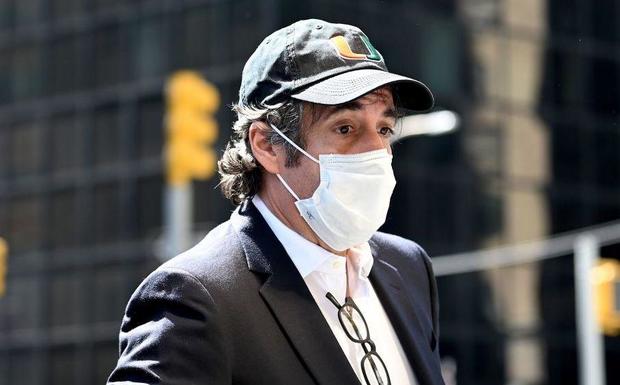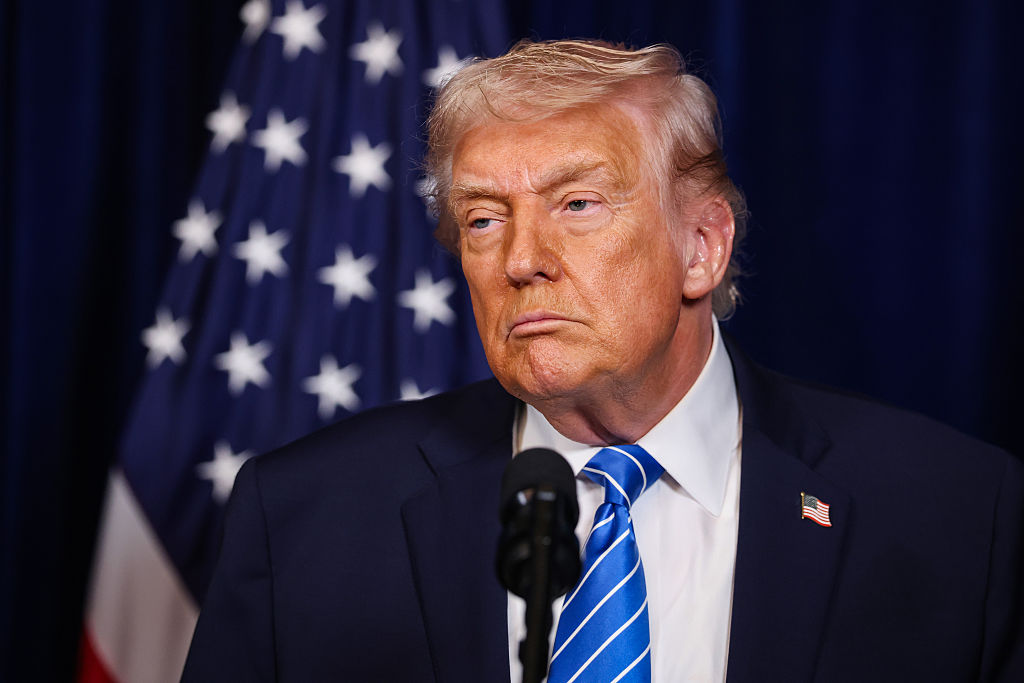Michael Cohen back in custody after refusing terms of home confinement
Michael Cohen, President Trump's former personal attorney, was taken back into federal custody Thursday after refusing the terms of his home confinement, the Bureau of Prisons said. Cohen had been furloughed in May over concerns about the coronavirus pandemic within the federal prison system.
But to remain on home confinement at his Manhattan apartment through the completion of his sentence in November 2021, Cohen needed to agree to conditions from the Bureau of Prisons.
One of those conditions, according to a copy of the agreement obtained by CBS News, called for "No engagement of any kind with the media, including print, tv, film, books, or any other form of media/news."
Lanny Davis, Cohen's friend and former attorney, said in a conference call with reporters Thursday that he spoke with Cohen's current attorney, Jeffrey Levine, who said Cohen initially balked at those terms. Cohen said he felt his rights were being violated and questioned why he couldn't do those things in home confinement if he could do them in prison, Davis said.
The guidelines continued: "No posting on social media and a requirement that you communicate with friends and family to exercise discretion in not posting on your behalf or posting any information about you. The purpose is to avoid glamorizing or bringing publicity to your status as a sentenced inmate serving a custodial term in the community."
After an hour and a half, U.S. Marshals arrived and put Cohen in shackles, saying they had orders from the Bureau of Prisons to take him into custody, Davis said.
Cohen then said "I'll sign the whole document if that means I don't have to go back to jail," according to Davis, but the U.S. Marshals said it was out of their hands and transported Cohen back to the federal facility in Brooklyn.
Davis said Cohen has finished a draft of a book about his life and time working for Mr. Trump. He would not comment on whether or not Cohen has lined up a publisher, but said Cohen's alternative would be self-publishing.
Cohen had been spotted eating out in Manhattan recently, but Davis said he does not believe that was the reason he was placed back in custody. "Discretionary leave" would generally not be permitted under the terms of home confinement outlined in the agreement Cohen was asked to sign Thursday.
Cohen was expected to serve the remainder of his sentence in home confinement. He had been incarcerated at Otisville Federal Correctional Institution, which is located about 70 miles outside of New York City.
In March, Cohen had sought to have his sentence reduced or to serve the balance of his sentence in home confinement because of the burgeoning threat posed by COVID-19. The court denied his application, claiming the request was "just another effort to inject himself into the news cycle" — but since then, the Bureau of Prisons has taken more aggressive action to stop the spread of the coronavirus within prisons.
Other prominent political figures including former Trump campaign chairman Paul Manafort and attorney Michael Avenatti have also been released to home confinement due to fears of the coronavirus.
In December 2018, Cohen was sentenced to three years for financial and campaign finance crimes and lying to Congress about his involvement in an effort to build a "Trump Tower" in Moscow during the 2016 campaign. The campaign finance violations involved his arrangement of hush-money payments to two women during the 2016 campaign regarding their alleged affairs with Mr. Trump.
Sara Cook, Paula Reid, Pat Milton, Clare Hymes and Ed O'Keefe contributed reporting.




